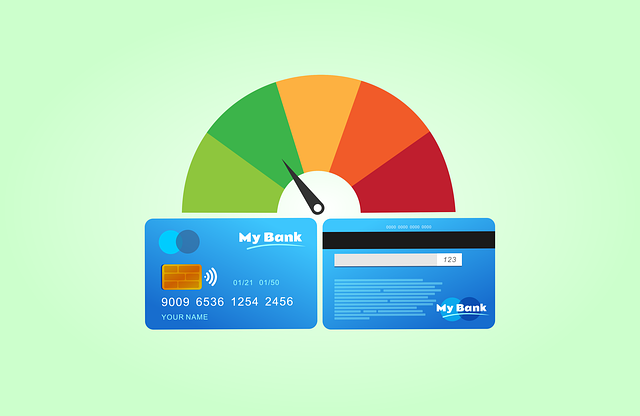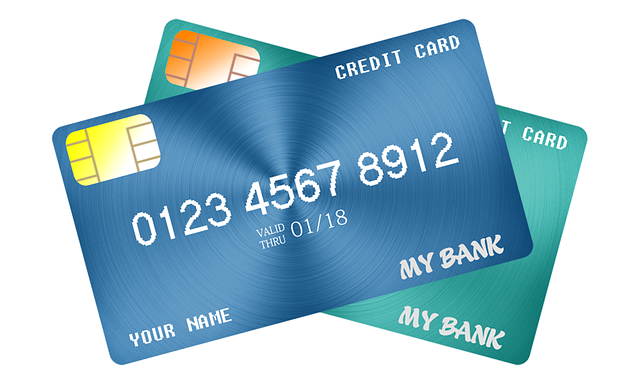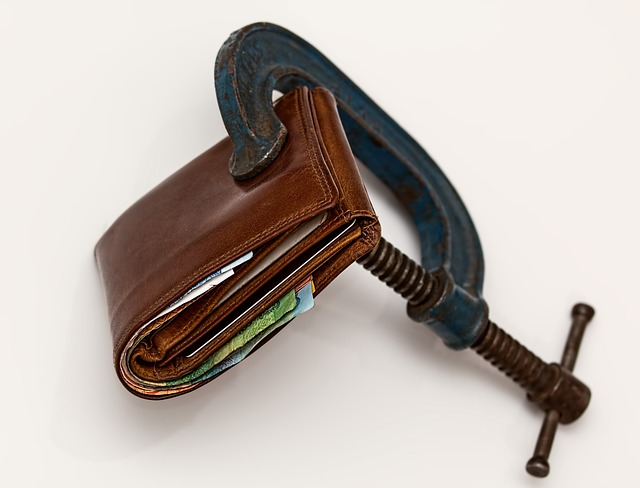Credit scores are vital for access to financial resources, and Credit Repair Agencies assist in improving them. These agencies rectify errors, promote responsible credit behavior, but cannot instantly transform poor scores. Misconceptions surround credit repair, including the belief that only agencies can improve scores and that it's instantaneous. In reality, legitimate methods focus on education, accurate reporting, and strategic financial management. Individuals can independently enhance their credit by reviewing reports for errors, making timely payments, budgeting, and maintaining low debt. When choosing a Credit Repair Agency, research is key to finding reputable, ethical services. Post-repair, maintaining good credit habits through regular report reviews and responsible management ensures long-term financial health.
Are you struggling with poor credit and wondering if free credit repair is a reality? This comprehensive guide explores the ins and outs of improving your credit score without breaking the bank. We debunk common myths surrounding free credit repair services and provide five legitimate strategies to enhance your financial standing. Learn how to choose a reputable credit repair agency and manage your credits effectively post-repair, empowering you to take control of your financial future.
- Understanding Credit Scores and Their Impact
- The Reality of Free Credit Repair Services
- Common Misconceptions About Credit Repair
- Legitimate Ways to Enhance Your Credit Score
- Choosing the Right Credit Repair Agency
- Tips for Effective Credit Management After Repair
Understanding Credit Scores and Their Impact

Credit scores are three-digit numbers that play a pivotal role in shaping your financial journey. They act as a snapshot of your creditworthiness, reflecting your repayment history and overall credit behavior. These scores significantly impact various aspects of life, often determining loan approvals, interest rates, and even job opportunities. A strong credit score can open doors to better terms on mortgages, car loans, and credit cards, while a poor one might lead to higher borrowing costs and limited access to financing.
Understanding how credit scores work is essential when considering engaging with a Credit Repair Agency. These agencies offer assistance in repairing and improving your credit, but they cannot magically transform a poor score into an excellent one overnight. Instead, they help identify errors, dispute them with creditors, and implement strategies to enhance your credit behavior over time—a legitimate and steady approach to achieving a healthier credit score.
The Reality of Free Credit Repair Services

Common Misconceptions About Credit Repair

Many individuals harbor misconceptions about credit repair, often due to misinformation from various sources. A common myth is that only a Credit Repair Agency can effectively fix one’s credit score. The truth is, while professional agencies offer specialized services, there are numerous legitimate ways to improve your credit profile independently. Another misconception is that credit repair is an overnight process; repairing your credit takes time and consistent effort.
Additionally, some believe that bad credit is an immutable condition. However, understanding the factors influencing your credit score—such as payment history, debt levels, length of credit history, new credit inquiries, and types of credit used—is crucial. By implementing strategic changes in these areas, individuals can significantly enhance their creditworthiness. Legitimate credit repair methods focus on education, responsible financial management, and dispute resolution with creditors to accurately reflect one’s financial standing.
Legitimate Ways to Enhance Your Credit Score

Enhancing your credit score is a journey that requires dedication and strategic moves, but it’s definitely achievable without breaking the bank. While many turn to Credit Repair Agencies for assistance, there are legitimate ways to navigate this process on your own. Firstly, obtain your credit reports from the major bureaus to understand where you stand. Review them meticulously for any errors or discrepancies; correcting these can significantly boost your score.
Another powerful strategy is to pay your bills on time; late payments can wreak havoc on your creditworthiness. Create a budget to ensure timely settlements and consider automating payments if possible. Additionally, maintaining low credit utilization rates by keeping balances below 30% of your available credit limits can work wonders for improving your score.
Choosing the Right Credit Repair Agency

When considering a credit repair agency, it’s crucial to select one that aligns with your specific needs and goals. Not all agencies are created equal; some may offer free services but with limited scope or as part of a promotional period. Others might charge fees for their comprehensive assistance. Legitimate agencies will provide transparent pricing and terms, allowing you to make an informed decision.
Researching and comparing various options is key. Look for agencies with a proven track record, positive customer reviews, and specialized services tailored to improving your credit score. Ensure they follow ethical practices and adhere to regulatory guidelines. Free credit repair might sound appealing, but it’s essential to understand the process and what’s involved before signing up with any service provider.
Tips for Effective Credit Management After Repair

After successfully repairing your credit score through legitimate means, maintaining good credit management practices is essential to preserve and further improve your financial standing. One effective strategy is to regularly review your credit reports from the major credit bureaus (Equifax, Experian, and TransUnion) at no cost. Doing so allows you to track changes in your credit score and identify any discrepancies or signs of fraudulent activity.
Additionally, paying bills on time is paramount. Set up automatic payments or reminders to ensure you never miss a payment. Maintaining low credit utilization, which is the percentage of your available credit being used, can also significantly impact your score. Aim to keep this ratio below 30%. Should you require additional financial assistance, consider reaching out to a reputable Credit Repair Agency for expert guidance tailored to your specific needs.







